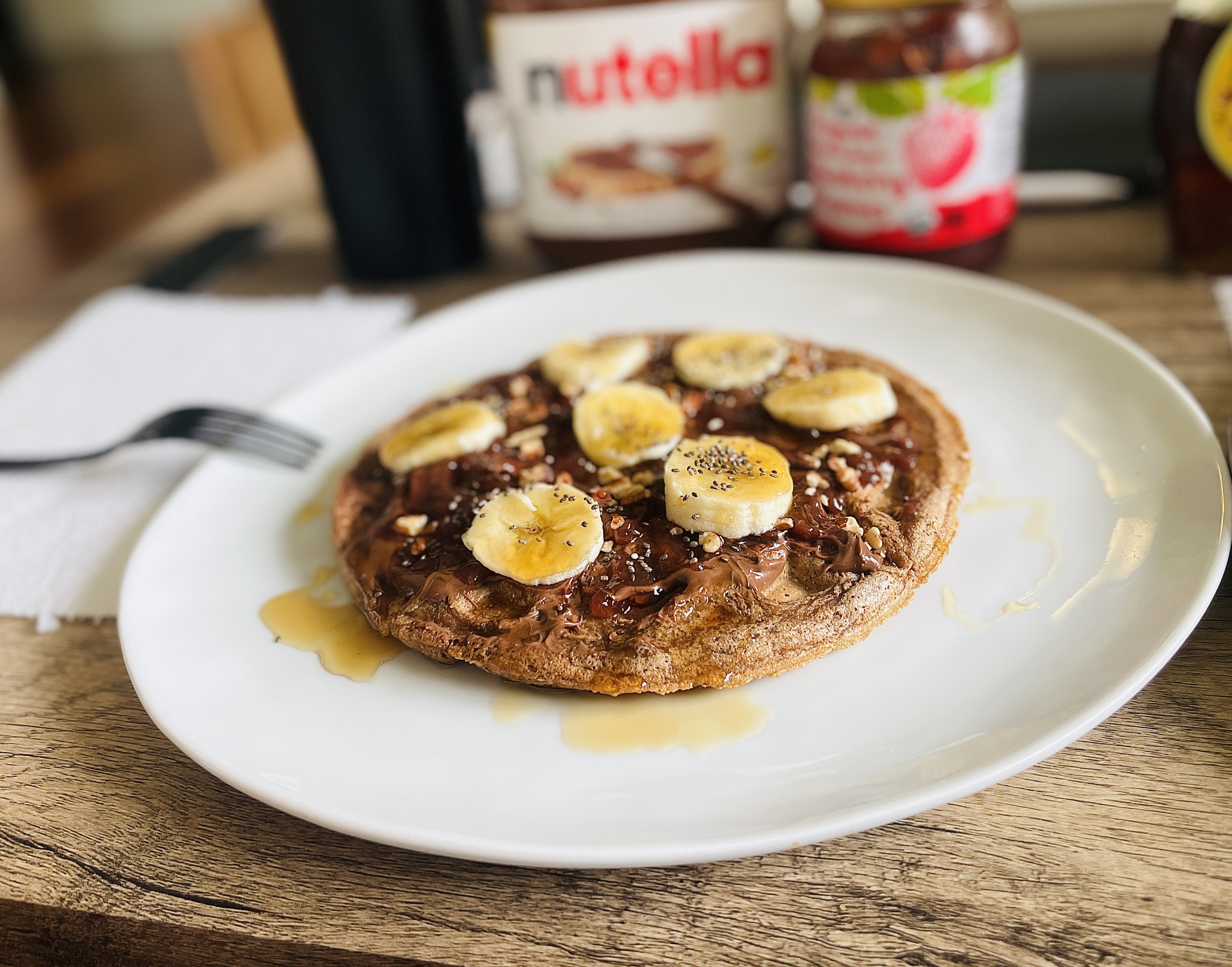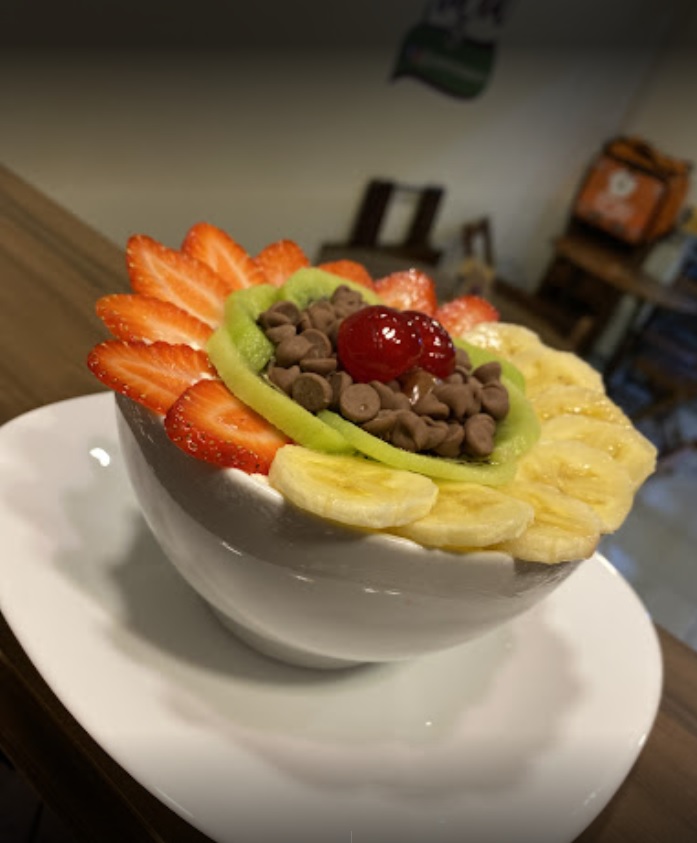Ikaria Lean Belly Juice: Transform Your Body with Ancient Nutrients for a Healthier, Happier You
In a world where health and wellness are paramount, individuals are constantly seeking effective and natural solutions to boost metabolism, increase energy, and achieve weight loss. Ikaria Lean Belly Juice emerges as a revolutionary product, offering a unique blend of ancient nutrients designed to target ceramides and promote a faster metabolism, leading to healthier, happier lives.
Understanding Ceramides: Ceramides, foreign compounds in the body, can trigger the accumulation of fat around vital organs, potentially slowing down metabolism and leading to weight gain. Ikaria Lean Belly Juice addresses this issue by specifically targeting ceramides, allowing users to transform their bodies into calorie-burning machines.
The Power of Ikaria Lean Belly Juice: What sets Ikaria Lean Belly Juice apart from other solutions is its focus on the root cause of stubborn body fat and unexplained fatigue. By supporting the health of the liver, the body's most powerful fat-burning organ, this juice facilitates weight loss, increased energy, and a renewed sense of vitality.
Key Ingredients: Ikaria Lean Belly Juice boasts a potent combination of rare and powerful nutrients sourced from the purest and highest-quality origins. Let's delve into the key ingredients that make this blend so effective:
Fucoxanthin: A marine carotenoid with centuries of use in Asia, fucoxanthin acts as a powerful metabolic booster, blocking fat absorption in the gut and converting fat cells into energy.
Panax Ginseng: With a rich history in East Asia, ginseng supports the production of healthy gut bacteria, influencing calorie burn patterns to shrink fat cells, boost metabolism, and accelerate weight loss.
Bioperine: Extracted from black pepper, Bioperine aids in reducing fat cell formation by increasing thermogenesis, leading to enhanced energy consumption and weight loss.
Resveratrol: Used in traditional Chinese and Japanese medicine, resveratrol supports weight management, a healthy heart, and healthy cells by reducing fat mass and increasing lean mass.
EGCG from Green Tea: Dating back to ancient China, EGCG directly influences fat oxidation, supporting healthy blood pressure and heart function while boosting energy and vitality.
Taraxacum Officinale: Traditionally used for digestion and blood pressure support, this nutrient targets clogged fat by promoting optimal digestion and supporting liver health.
Citrus Pectin: Known for optimizing digestion and delaying stomach emptying, citrus pectin aids in faster weight loss by reducing cravings and supporting cognitive health.
Milk Thistle: With active ingredient silymarin, milk thistle actively supports liver health, the key to metabolizing fat and breaking down stubborn visceral fat pockets.
Proprietary Blend of 8 Super Antioxidants: Including Beet Root, Hibiscus, Strawberry Extract, Acai Extract, African Mango Extract, Black Currant Extract, and Blueberry Powder, these antioxidants provide additional health benefits and contribute to the overall effectiveness of Ikaria Lean Belly Juice.
Conclusion: Ikaria Lean Belly Juice offers a delicious and convenient solution to the challenges of modern living, providing a powerful blend of ancient nutrients to support weight loss, boost energy, and promote overall well-being. By addressing the root cause of stubborn body fat, this juice stands out as a transformative addition to anyone's wellness journey. Try Ikaria Lean Belly Juice today and experience the positive changes it can bring to your body and life.
CLICK HERE--
https://sites.google.com/view/newikariajuice23/homeIkaria Lean Belly Juice: Transform Your Body with Ancient Nutrients for a Healthier, Happier You
In a world where health and wellness are paramount, individuals are constantly seeking effective and natural solutions to boost metabolism, increase energy, and achieve weight loss. Ikaria Lean Belly Juice emerges as a revolutionary product, offering a unique blend of ancient nutrients designed to target ceramides and promote a faster metabolism, leading to healthier, happier lives.
Understanding Ceramides: Ceramides, foreign compounds in the body, can trigger the accumulation of fat around vital organs, potentially slowing down metabolism and leading to weight gain. Ikaria Lean Belly Juice addresses this issue by specifically targeting ceramides, allowing users to transform their bodies into calorie-burning machines.
The Power of Ikaria Lean Belly Juice: What sets Ikaria Lean Belly Juice apart from other solutions is its focus on the root cause of stubborn body fat and unexplained fatigue. By supporting the health of the liver, the body's most powerful fat-burning organ, this juice facilitates weight loss, increased energy, and a renewed sense of vitality.
Key Ingredients: Ikaria Lean Belly Juice boasts a potent combination of rare and powerful nutrients sourced from the purest and highest-quality origins. Let's delve into the key ingredients that make this blend so effective:
Fucoxanthin: A marine carotenoid with centuries of use in Asia, fucoxanthin acts as a powerful metabolic booster, blocking fat absorption in the gut and converting fat cells into energy.
Panax Ginseng: With a rich history in East Asia, ginseng supports the production of healthy gut bacteria, influencing calorie burn patterns to shrink fat cells, boost metabolism, and accelerate weight loss.
Bioperine: Extracted from black pepper, Bioperine aids in reducing fat cell formation by increasing thermogenesis, leading to enhanced energy consumption and weight loss.
Resveratrol: Used in traditional Chinese and Japanese medicine, resveratrol supports weight management, a healthy heart, and healthy cells by reducing fat mass and increasing lean mass.
EGCG from Green Tea: Dating back to ancient China, EGCG directly influences fat oxidation, supporting healthy blood pressure and heart function while boosting energy and vitality.
Taraxacum Officinale: Traditionally used for digestion and blood pressure support, this nutrient targets clogged fat by promoting optimal digestion and supporting liver health.
Citrus Pectin: Known for optimizing digestion and delaying stomach emptying, citrus pectin aids in faster weight loss by reducing cravings and supporting cognitive health.
Milk Thistle: With active ingredient silymarin, milk thistle actively supports liver health, the key to metabolizing fat and breaking down stubborn visceral fat pockets.
Proprietary Blend of 8 Super Antioxidants: Including Beet Root, Hibiscus, Strawberry Extract, Acai Extract, African Mango Extract, Black Currant Extract, and Blueberry Powder, these antioxidants provide additional health benefits and contribute to the overall effectiveness of Ikaria Lean Belly Juice.
Conclusion: Ikaria Lean Belly Juice offers a delicious and convenient solution to the challenges of modern living, providing a powerful blend of ancient nutrients to support weight loss, boost energy, and promote overall well-being. By addressing the root cause of stubborn body fat, this juice stands out as a transformative addition to anyone's wellness journey. Try Ikaria Lean Belly Juice today and experience the positive changes it can bring to your body and life.
CLICK HERE-- https://sites.google.com/view/newikariajuice23/home












